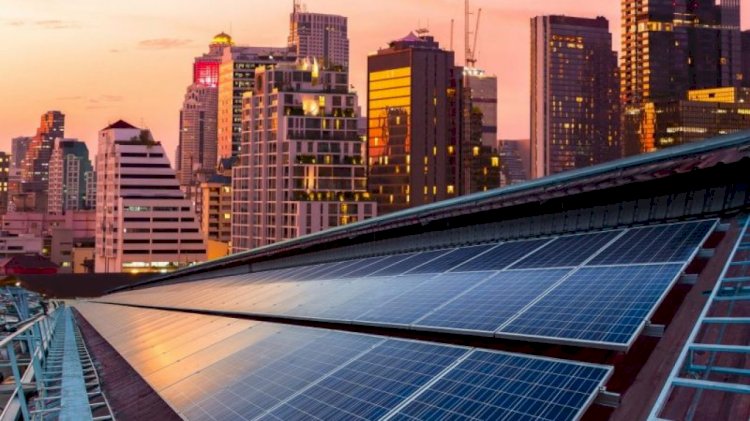Eneos Holdings Inc., to Acquire Japan Renewable Energy (JRE) in a Multi-Billion Dollar Deal
Eneos Group aim to achieve net-zero carbon emission by 2040 and will buy Japan Renewable Energy (JRE) from Goldman Sachs and Singaporean sovereign wealth fund GIC

On 11th October, Japan’s largest refiner, Eneos Group announced that it would buy Japan Renewable Energy (JRE) for about 200 billion yen (USD 1.8 billion) to expand its low-carbon business, joining a list of major global companies moving away from climate-changing fossil fuels. JRE would be a wholly-owned subsidiary of Eneos Group post completion of the acquisition deal.
Eneos Group aim to achieve net-zero carbon emission by 2040 and will buy Japan Renewable Energy (JRE) from Goldman Sachs and Singaporean sovereign wealth fund GIC. Eneos Group aims to expand its total renewable power generation capacity to over 1,000,000 kW in Japan and overseas by the end of FY2022, the final year of the 3-year “Second Medium-Term Management Plan,”and further expand the capacity thereafter.
Keitaro Inoue, Eneos' senior vice president said, “As the world moves toward a decarbonized and circular society, this acquisition will mark a key turning point to fundamentally transform our business structure.”
More and more Japanese companies have ventured more into the renewables sector, much like their overseas peers such as Royal Dutch Shell , especially after Tokyo vowed to cut down more emissions earlier this year.
Given JRE's asset size and ability to develop a wide range of renewables including solar, wind, and biomass, Eneos said that the price is “appropriate.” The company further added that the deal also buys the company time to boost its renewable assets portfolio.
JRE was founded in 2012 and has 708 MW in renewable energy assets including those under construction on an equity basis. After the deal, Eneos' renewable assets will reach 1,220 MW.
JRE would be unlikely to make an immediate contribution to to Eneos' typical annual sales of around 10 trillion yen ($90 billion); however, the deal points to Eneos' intent to start switching out of fossil fuels.
Eneos controls half the market for gasoline and other fuels in Japan; however, for many years have seen its customer base shrink due to a declining population. Japan is also set to nearly double official targets for renewable supplies in the energy mix of the world's third-largest economy.































